
Poultry value chain
The case‐control study aims to investigate the causation and risk factors for diarrhea in children under 5 in two low income settlements in Nairobi. The study is nested in a long‐term cohort called NUHDSS (Nairobi Urban Health Demographic Surveillance System) run by the African Population and Health Research Centre (APHRC).
Children reporting diarrhoea within the last 3 days are selected as cases as well as 2 matching controls who do not have diarrhoea. Data on socio‐demographic characteristics of the household, livestock keeping and contact, access to water and sanitation, hygiene practices, nutritional and breastfeeding status of the children in both groups are collected by trained field interviewers.
Two clinical officers are part of the team. They assess the severity of the diarrhea for each case included and are also involved in the treatment of any sick children.
Stool samples from each child included in the study are also collected and sent to the lab at KEMRI (Kenya Medical Research Institute) for parasitological, virological and bacteriological
analyses.
In addition, drinking water and food is sampled from each household and are sent to the lab at the University of Nairobi for analysis.
The study, which was piloted in July, started in earnest in early September and 63 cases and 127 controls have been included so far.
 We would like to thank all our partners for their commitment and great work in the field.
We would like to thank all our partners for their commitment and great work in the field.
By: Laure Madé
The Zoonotic and Emerging Disease group studies a range of epidemiological issues revolving around the domestic livestock, wildlife and human interface


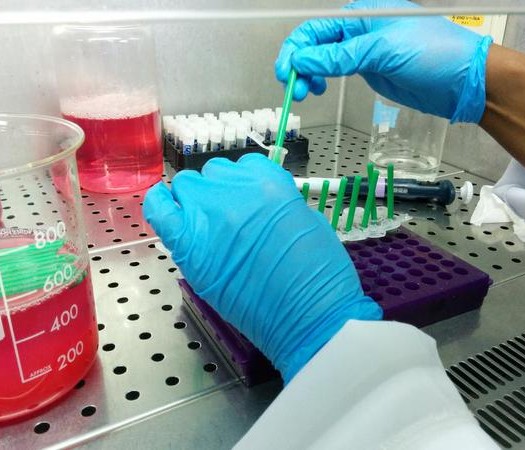
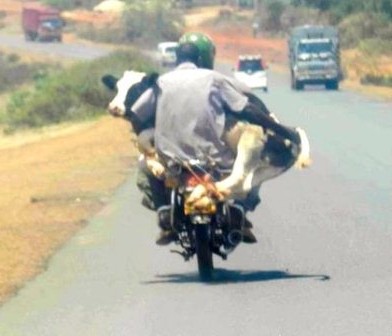

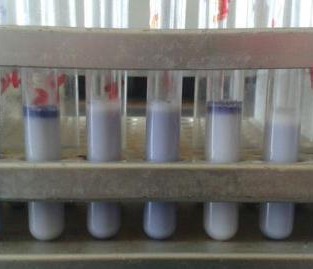
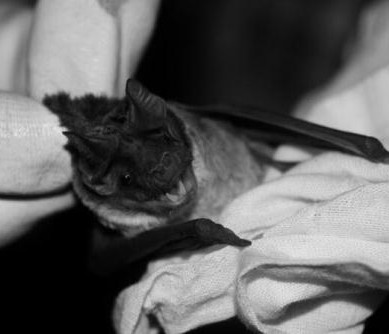
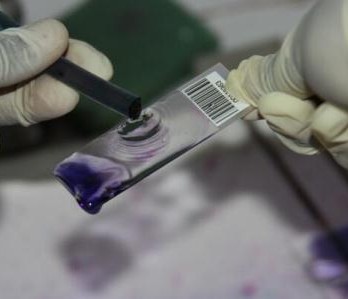
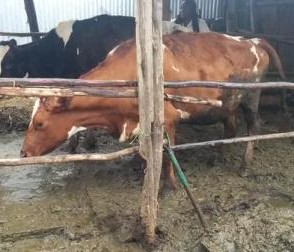
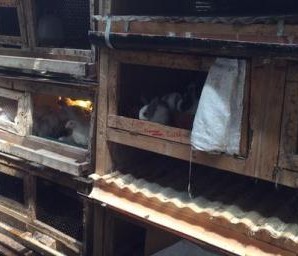
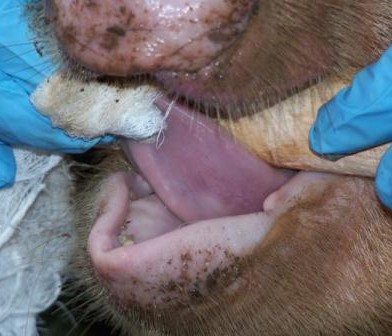
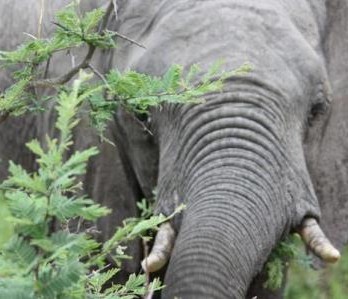
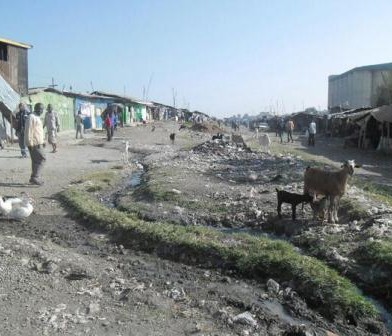
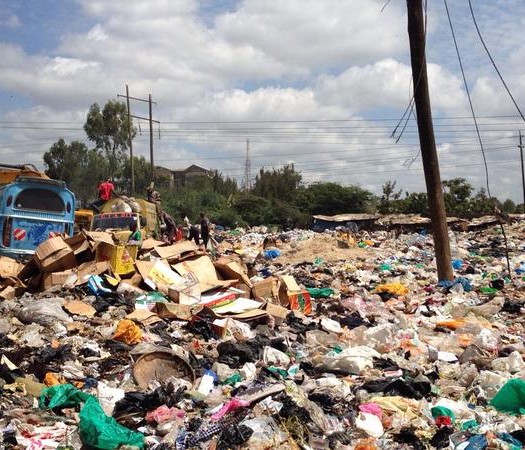
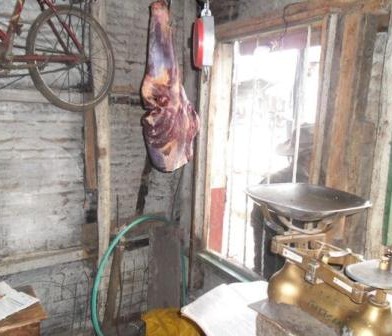
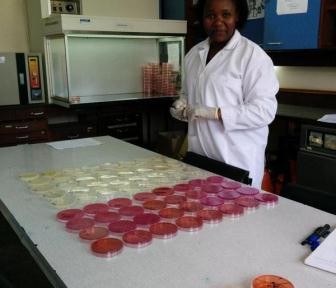
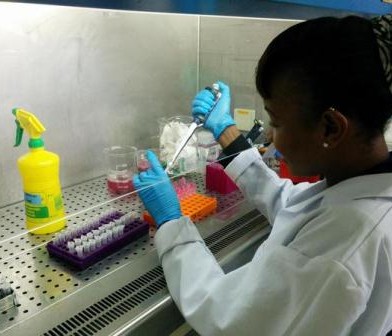
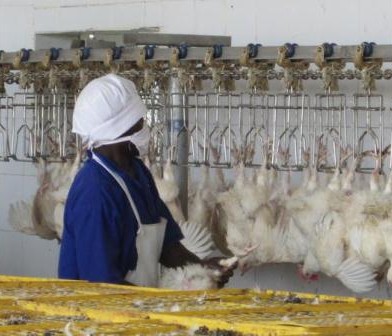
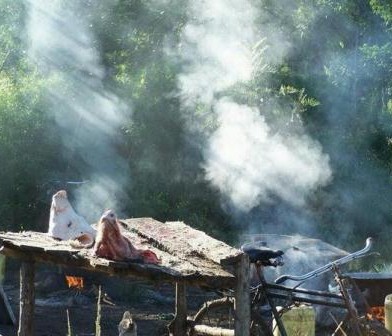
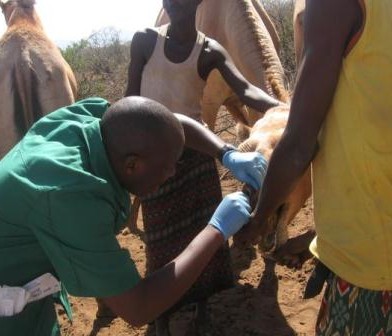
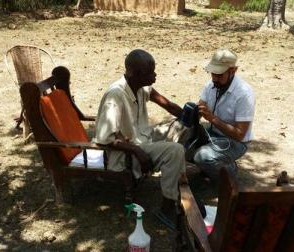

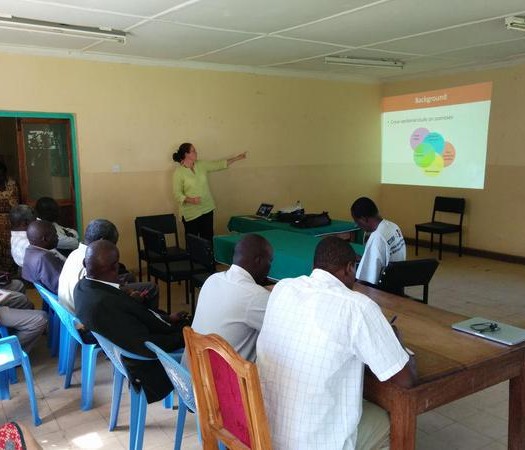
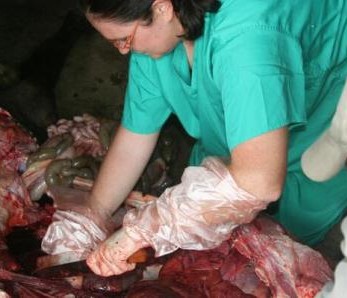
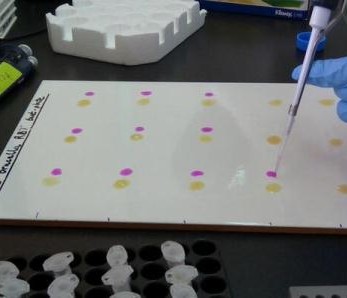
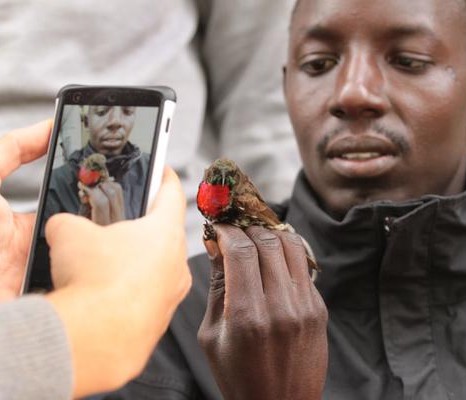
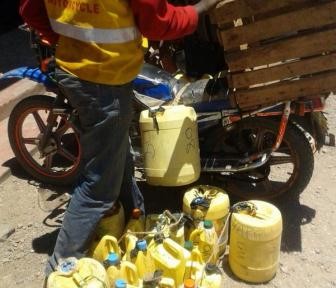
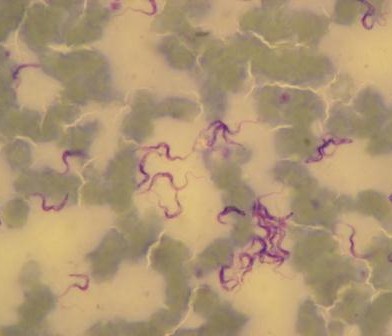
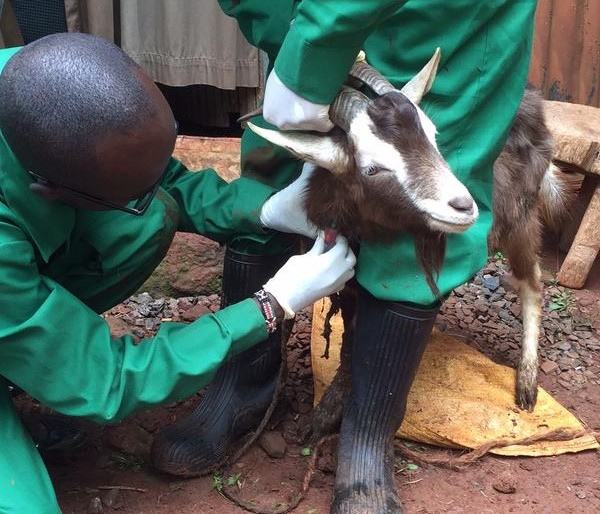
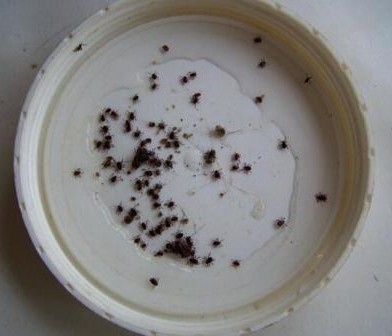
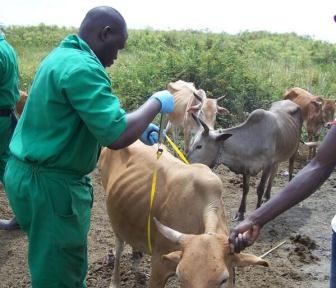
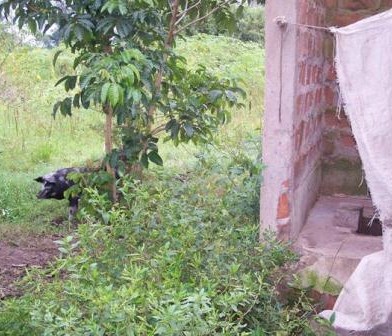
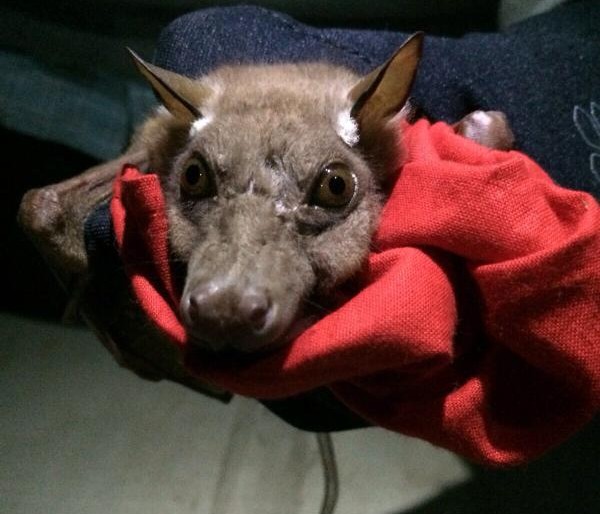
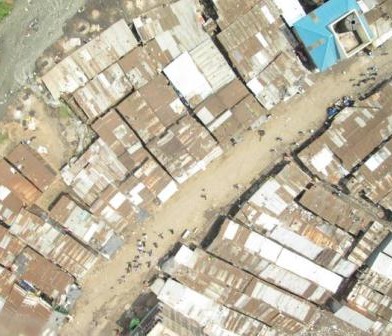
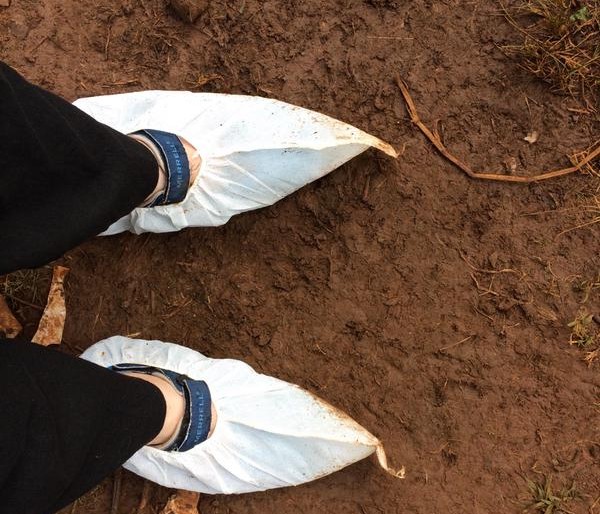
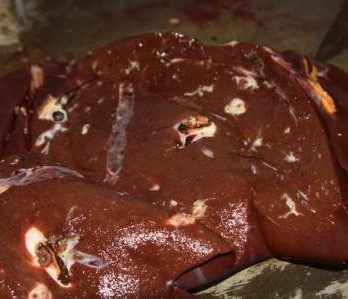
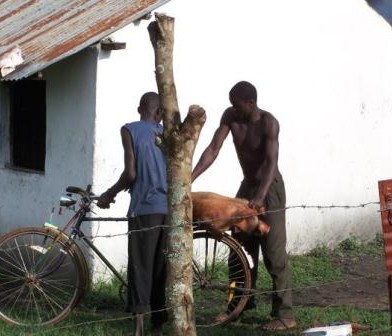
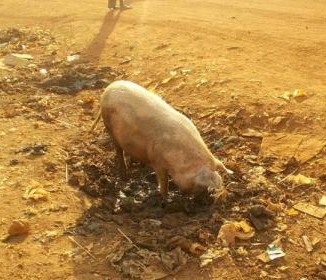
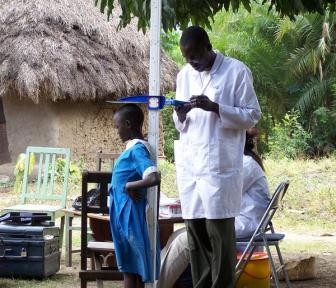
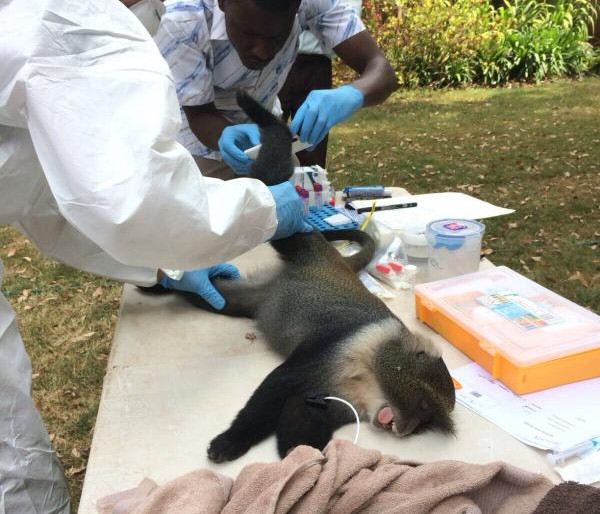
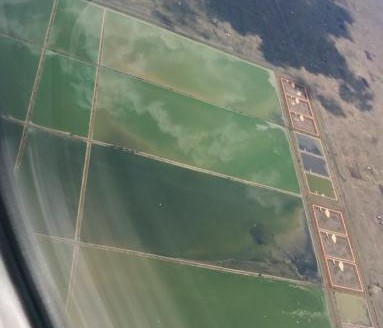
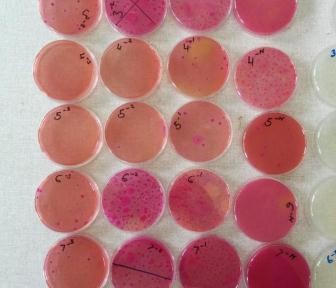
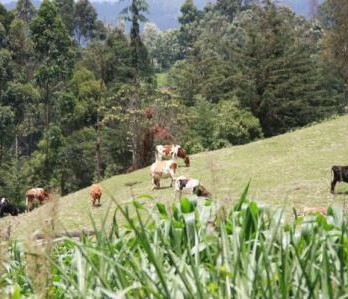

You must be logged in to post a comment.